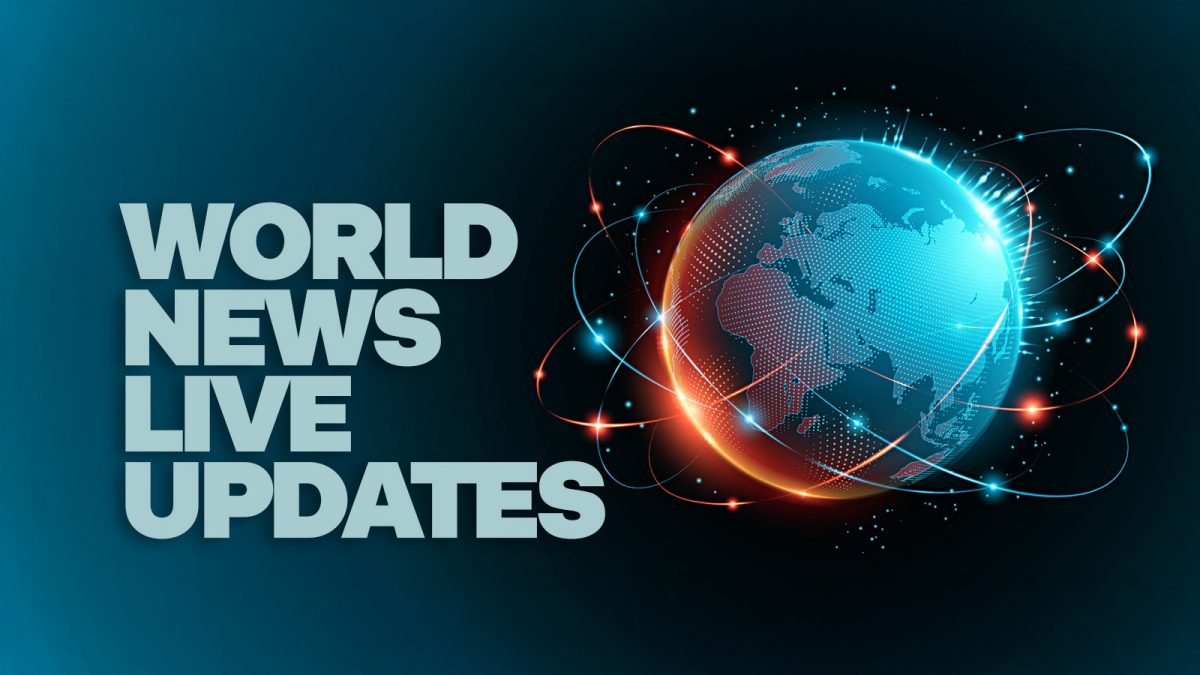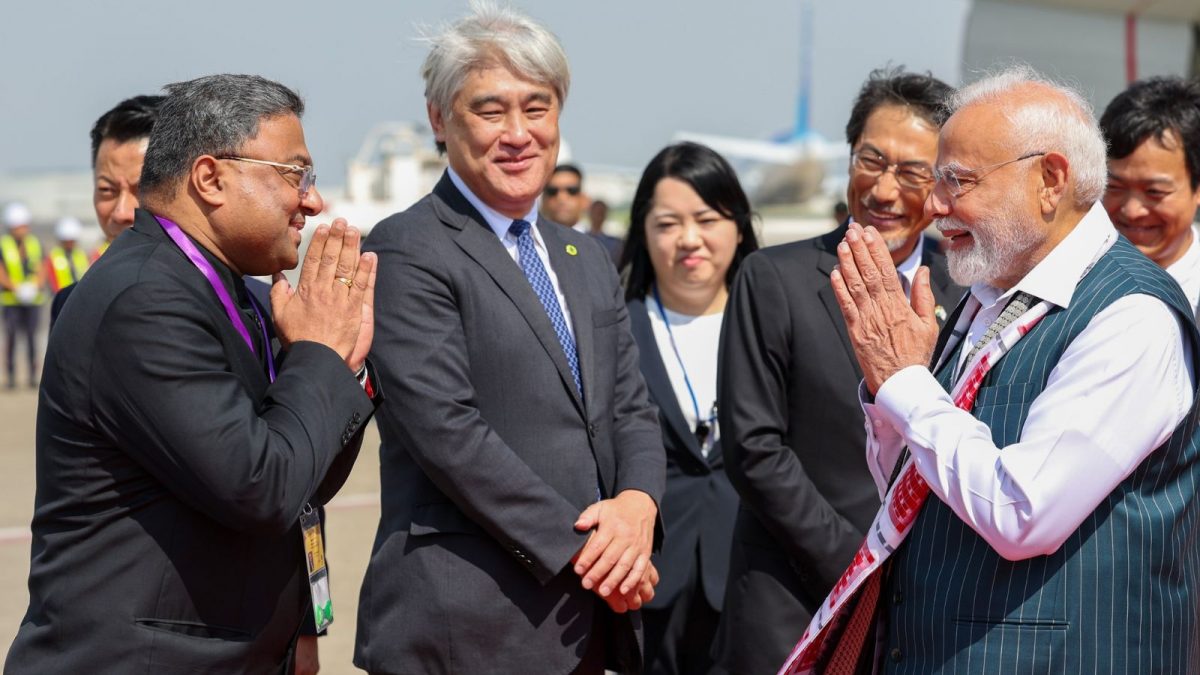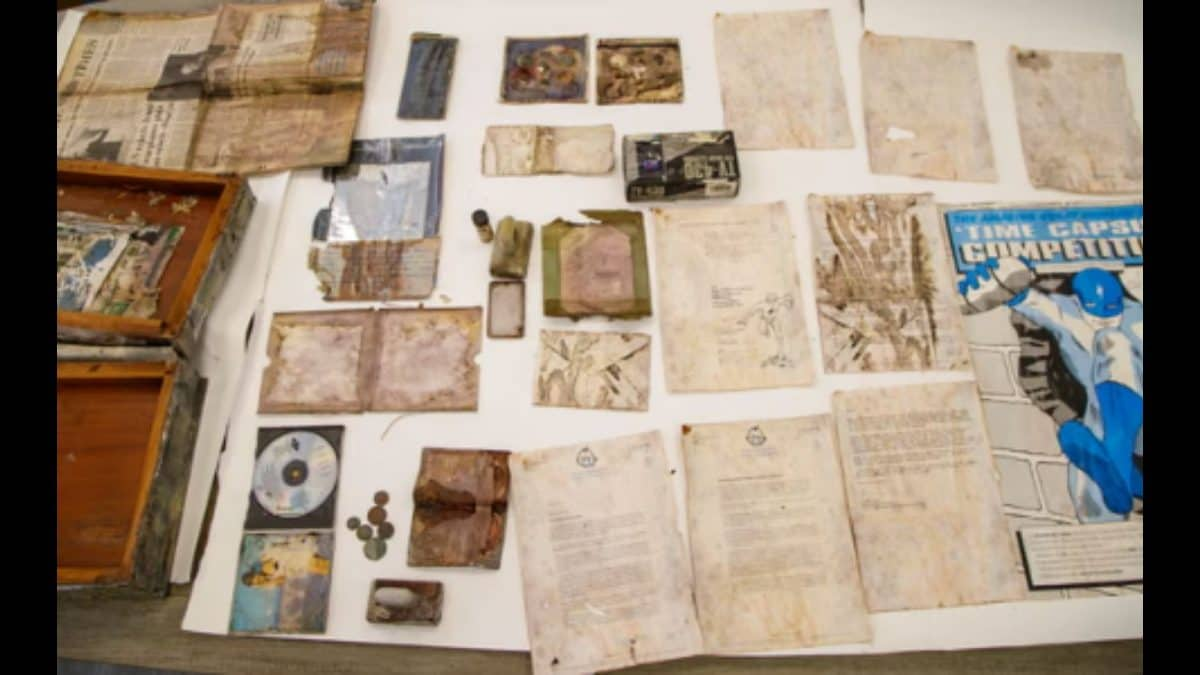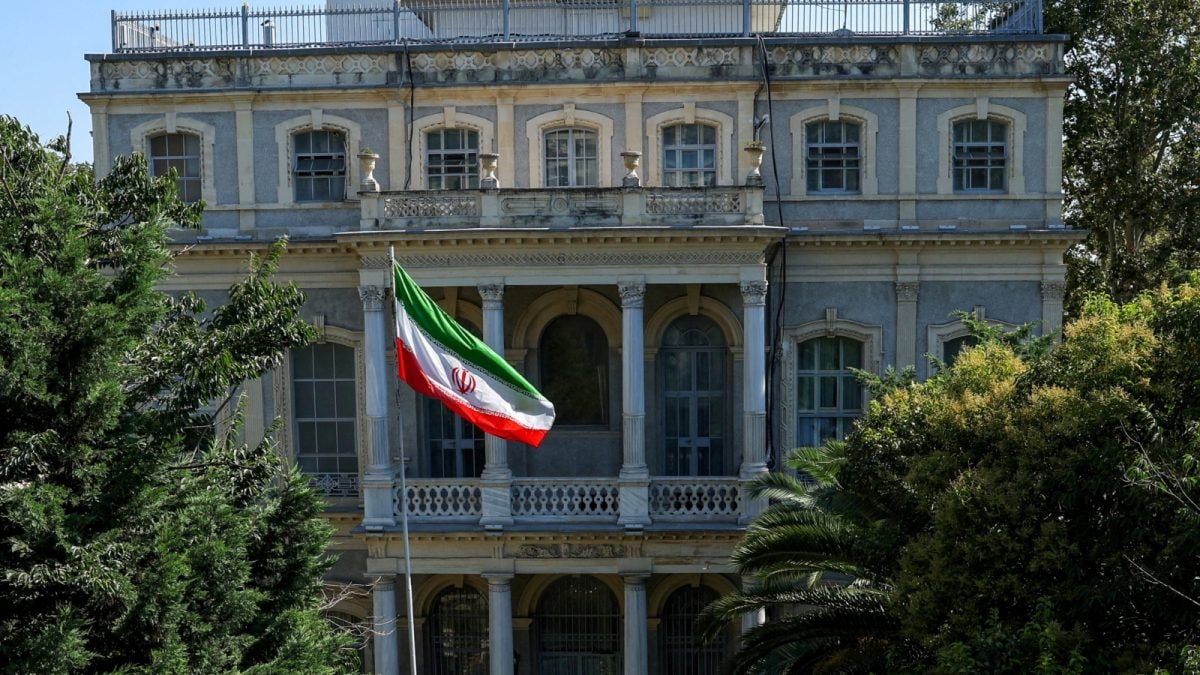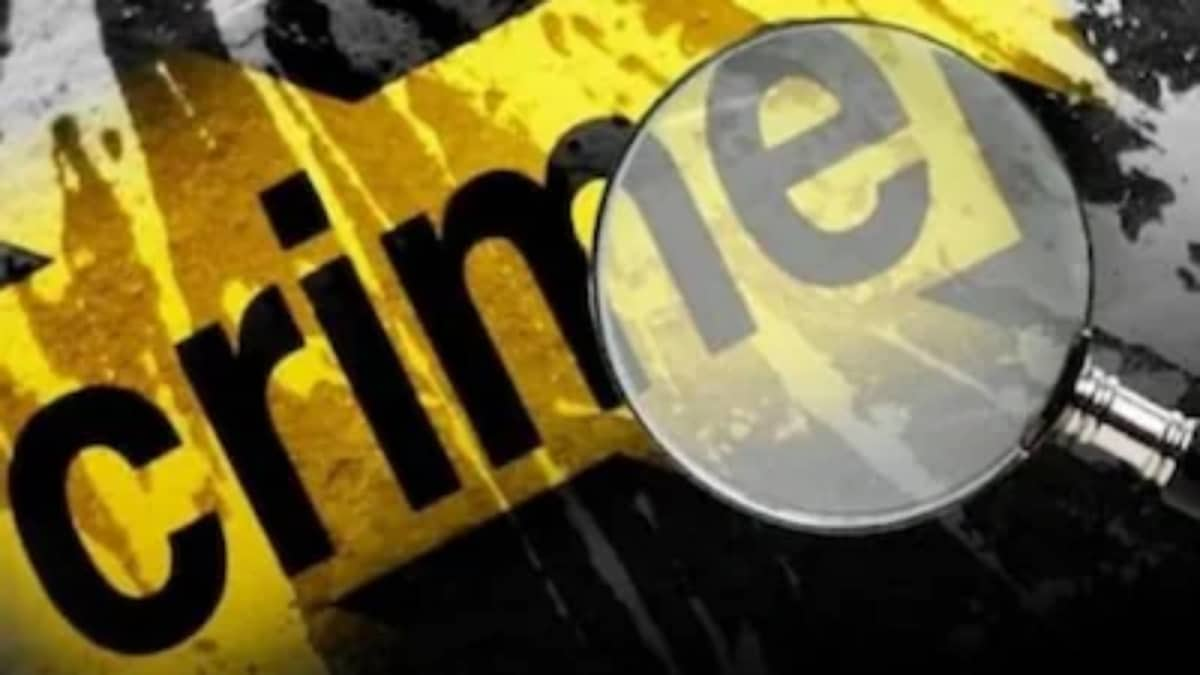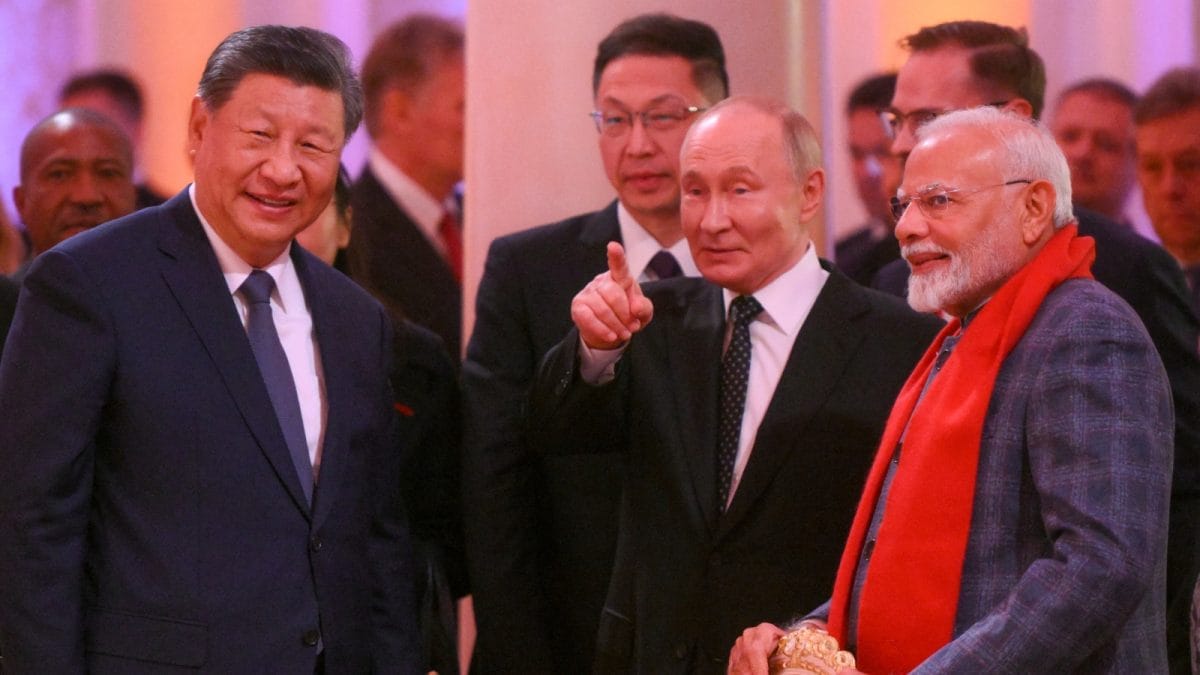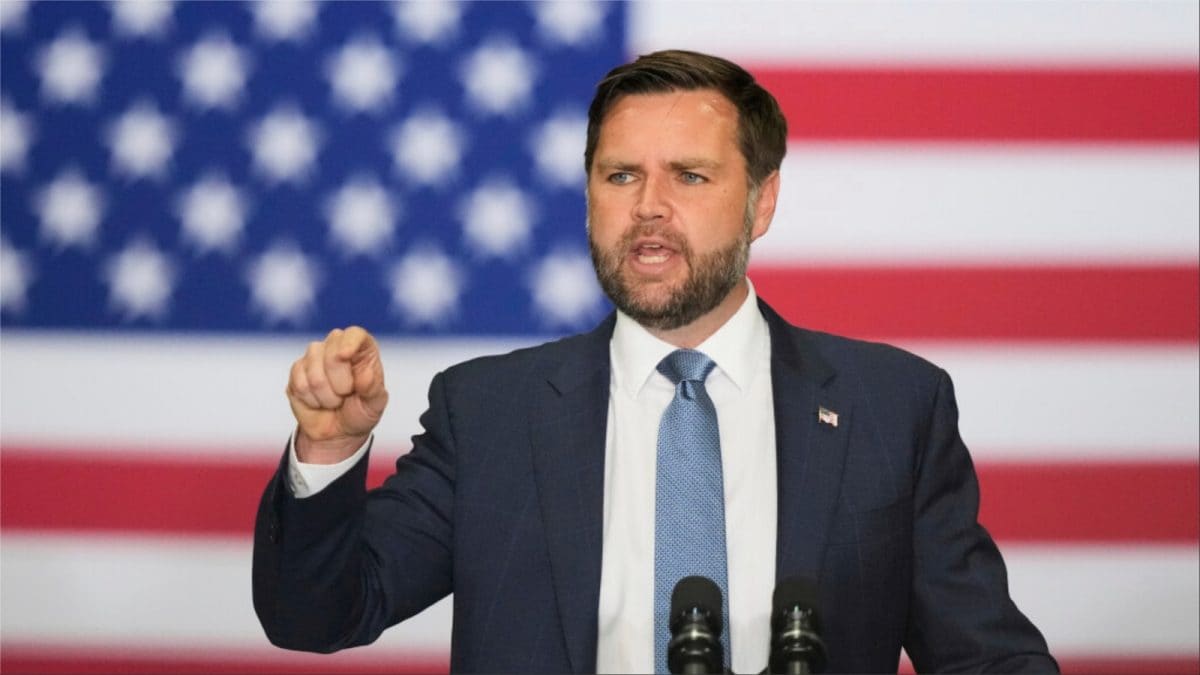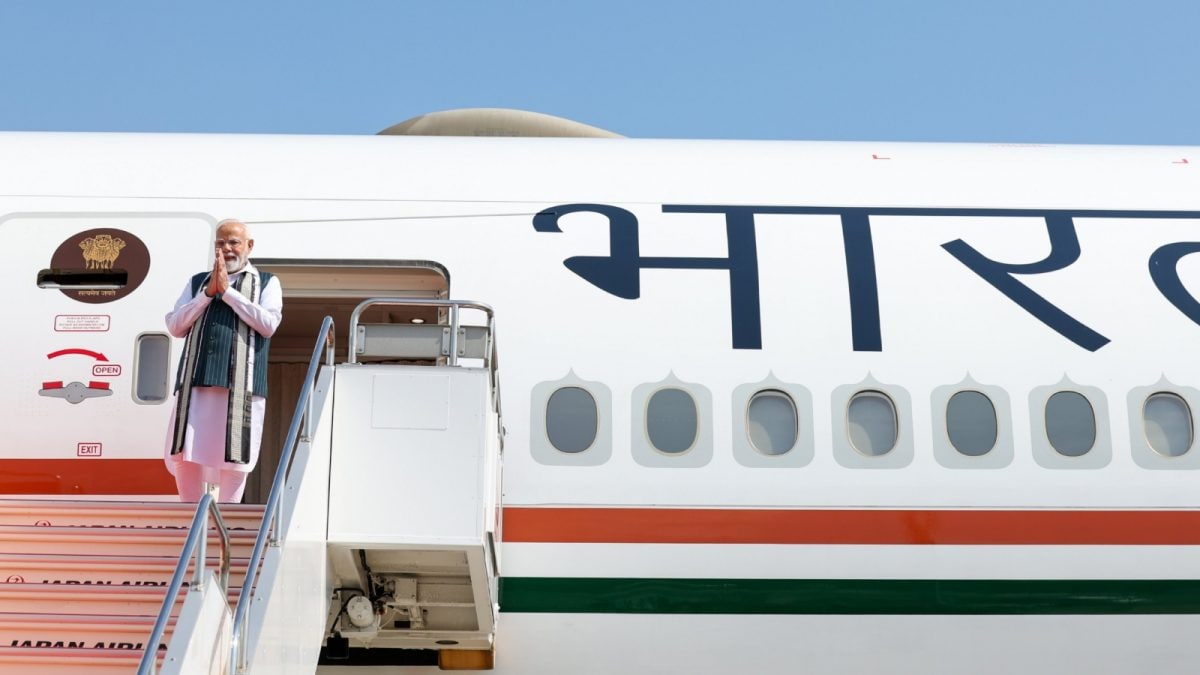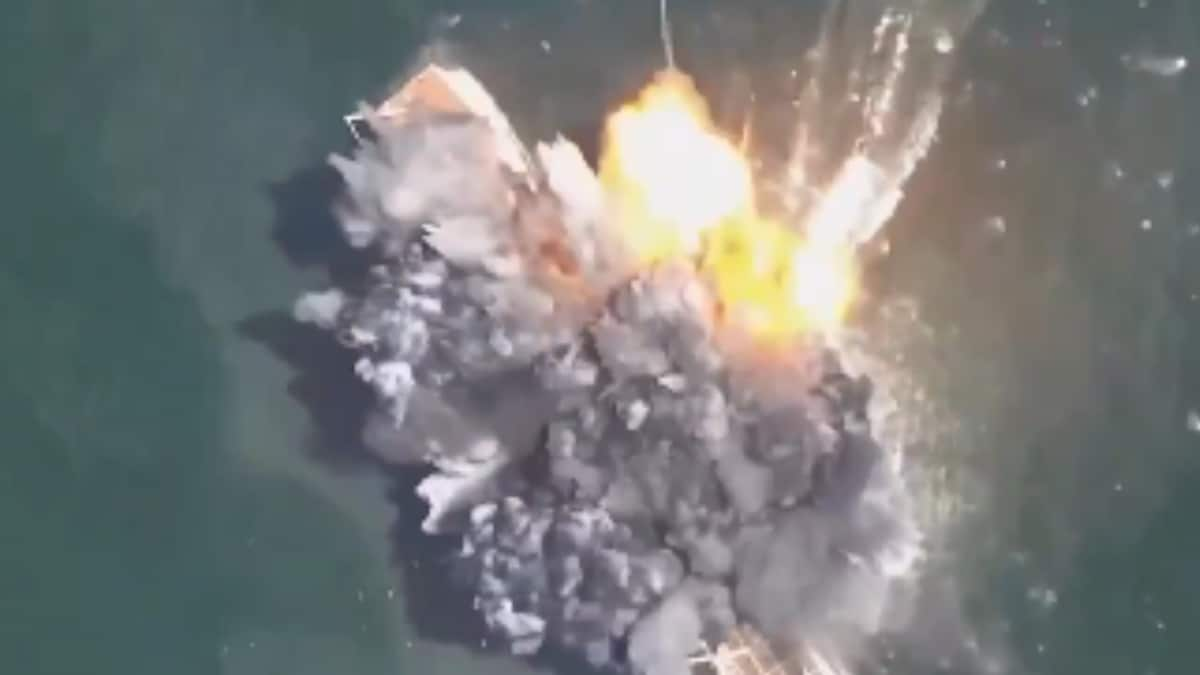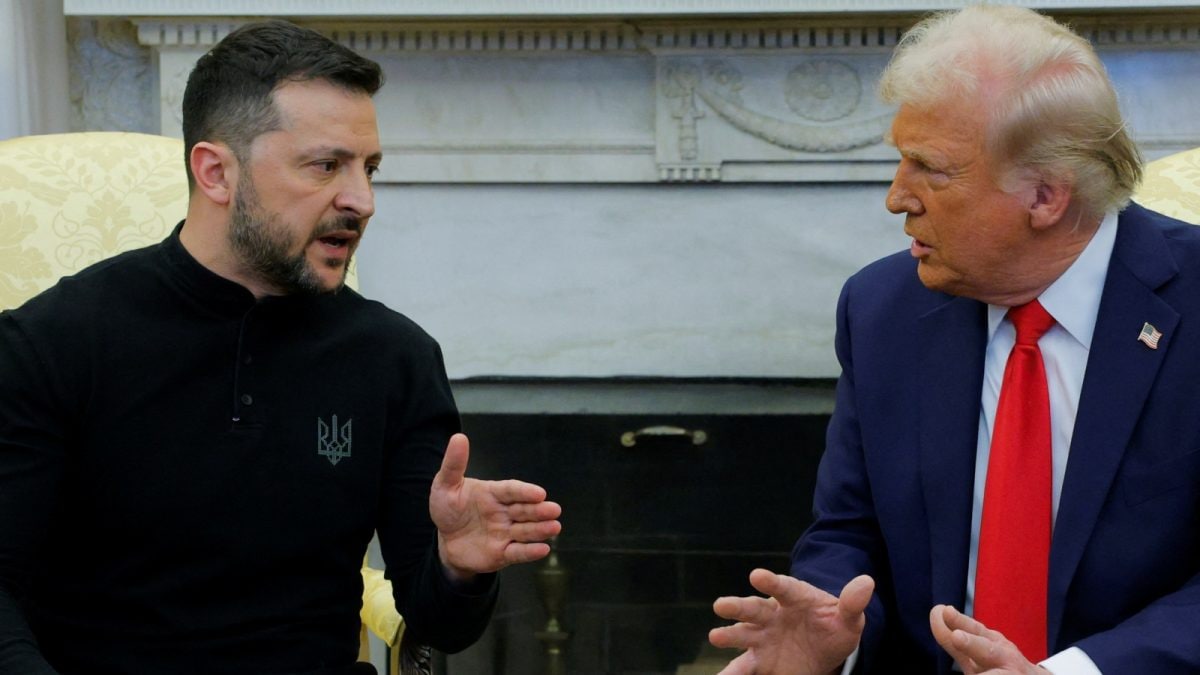Key events Show key events only Please turn on JavaScript to use this feature
Ley calls Chalmers ‘out of touch’ over inflation
Sussan Ley is back up again and has taken umbrage with Jim Chalmers calling the latest inflation data “outstanding”, when eggs have increased by 34% and bread has increased by 18% over the last three years.
She calls Chalmers “out of touch” which Milton Dick is not having, and tells Ley to withdraw that descriptor.
I don’t think Chalmers is unhappy about the question – as Ley says, he’s been calling the numbers outstanding, and he says it a few more times in his answer.
When we came to office that food inflation was running at 5.9%. And now it is about half of that. 3.0%. If the member for Farrer is unhappy about food inflation, she must be absolutely livid at the underperformance of her own government, the government she was a cabinet minister in. Because when when we came to office, inflation had a six in front of it and it was absolutely galloping.
Chalmers says he “hopes” the opposition keeps asking about inflation because the data is “very encouraging”. He does still acknowledge that there’s more to do on cost of living.
The first dixer is on the social media ban (again, no surprises here, the government uses dixers to promote their policies).
Albanese says a lot of similar lines as he did in his press conference earlier.
PM angers opposition with Medicare ‘green and gold’ jibe
While the protesters were shouting, Sussan Ley asked her first question to the prime minister.
She starts on bulk-billing rates, saying that the PM has said on 71 occasions that seeing a GP is free, but the facts state differently.
She cites data from the Australian Institute of Health and Welfare that Australians paid more than $166m in out-of-pocket costs to see a GP in May.
Anthony Albanese says the government is strengthening Medicare, to increase the bulk-billing rate.
He then decides to have a bit of the go at the opposition, and this line gets them pretty incensed.
This is an important part of the reform agenda where Labor not only created Medicare but we will always work to strengthen it. I know it annoys those opposite to see this little bit of green and gold. Green and gold the same colour our athletes proudly wear …
Ley tries to stand up with a point of order but then Albanese continues, and says that the government values Medicare.
Protesters shout ‘sanction Israel’ as question time begins
In a different part of the public gallery, there are four people standing up with posters shouting “sanction Israel now”.
Other members of the public in that area are being cleared out so parliament security can get to the protesters.
They keep shouting “sanction Israel now” until they exit the public gallery.
The opposition leader, Sussan Ley, also acknowledges the former Olympic athletes in the chamber today.
She says the decision for some athletes not to compete in the 1980 Moscow Olympics came with a “personal cost”.
We would not send athletes to Olympics in Moscow today and the Australian government was right to support a boycott then. That decision, correct as it was, takes nothing away from the Australians who did compete. They should not be personally attacked, they should never have been personally attacked. I repeat to you in the gallery today, you made Australia proud.
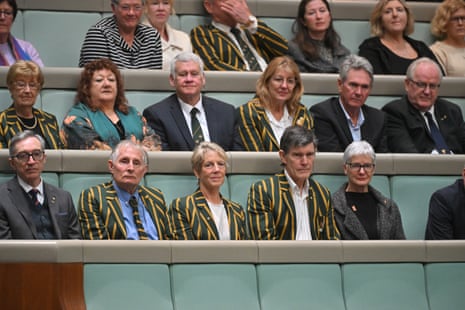
Before questions begin, Albanese acknowledges the group of 1980 Olympians sitting in the gallery.
Today in our parliament we honour your contribution to our nation. We recognise your participation but importantly as well we recognise your pain. And we extend that recognition to all those who cannot be with us today.
Forty-five years ago, the Soviet Union’s invasion of Afghanistan cast a dark shadow over what should have been your shining moment. As nations around the world grappled with the boycott, Australia’s athletes, some still only teenagers, were placed in an incredibly difficult position.

Parliament acknowledges athletes who competed at 1980 Moscow Olympics
Anthony Albanese has formally acknowledged 121 athletes who defied the government and competed under a neutral flag at the 1980 Olympics in Moscow.
There’s a cohort of that group who have been in parliament to mark the occasion and some are sitting in the public gallery to watch question time today.
Across from them is the former Olympian Dan Repacholi, a Labor MP, who’s also wearing his Olympics blazer in the chamber today!

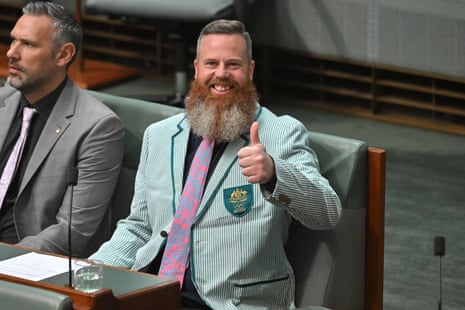
Do you have any questions for Back to Back Barries?
Folks, we are on the downhill slide to question time (today’s moving quick!) but before we get there we ask …
Do you have any questions about politics this week?
Back to Back Barries is Guardian Australia’s political analysis podcast. Each week veteran political journalist Barrie Cassidy joins former Liberal advisor and pollster Tony Barry to pull apart the spin behind the strategies.
And they want to hear from you. Send your politics questions to backtobackbarries@theguardian.com and they’ll pick some to answer on this week’s episode, out this Saturday.


Sarah Basford Canales
Angus Taylor says Gaza situation ‘tragic’ but recognising Palestinian state ‘putting the cart before the horse’
Angus Taylor says the humanitarian crisis in Gaza is “tragic” but Australia cannot recognise Palestine until Hamas is removed from Gaza and Israeli hostages are returned.
The shadow defence minister told Sky News on Wednesday afternoon the choice to recognise Palestinian statehood right now was “putting the cart before the horse”.
The UK prime minister, Keir Starmer, has committed to recognising Palestine by September unless Israel abides by a ceasefire in Gaza and commits to a two-state solution. It follows French president Emmanuel Macron‘s decision earlier to recognise Palestine at the UN general assembly in September.
Australia joined 14 other countries this morning to describe the recognition of Palestine as “an essential step towards the two-state solution”. Anthony Albanese, however, declined to commit to a timeline for recognition of statehood, saying the government was looking at the “circumstances where recognition will advance the objective of the creation of two states”.
Since Labor was elected in 2022, the foreign affairs minister, Penny Wong, has adjusted Australia’s language on the peace process, saying the “pathway out of the endless cycle of violence” in the Middle East can only come with recognition of “a Palestinian state alongside the State of Israel”. Australia had previously seen Palestinian statehood as a final step of a negotiated outcome between Israelis and Palestinians.
Asked whether the starvation of Gaza was a contributing factor for the Coalition to reconsider its current policy on the timing of a two-state solution between Israel and Palestine, Taylor said:
It’s clearly tragic. But as I say, you’ve got to remember the origins of what’s going on here, which ... was this attack by Hamas. We still have, of course, hostages being held. They haven’t been released. This is another prerequisite for getting to a peace agreement, and we’re not there.

Daisy Dumas
Australia could ‘win the quantum race’, Atlassian co-founder says
Staying with Scott Farquhar at the Press Club, the Atlassian co-founder says Australia has an opportunity to dominate in quantum technology.
“We won’t win the race for AI chips in the near future in Australia,” he said, but “we could win the quantum race”.
He said Australia has a “huge opportunity” to win when it comes to building data centres, not least because of its proximity to South-East Asia – and only if “we can get legislation right”.
He added that Australia also had the opportunity to succeed in software, including business-to-business AI applications.

Daisy Dumas
Atlassian co-founder says his children have ‘very defined screen time’
Over to the Press Club in Canberra, where Tech Council of Australia chair and Atlassian co-founder Scott Farquhar is now taking questions after his speech focused on an AI future.
For any parents struggling with navigating screens and online safety for their children, the tech heavyweight says his three school-age children have “very defined screen time” and that he makes sure he is aware of what they are viewing.
“We spend time with our kids together and educate them about age-appropriate things they need to be worried about on the internet, in the same way we educate them about crossing the road,” he said.
He said he spends time looking at what his children are spending time on and then, at “every stage, when they adopt a new platform, we spend time chatting with them about the dangers and the opportunities of that platform.”

NSW premier says protest on Sydney Harbour Bridge would be a ‘logistical and communications Everest’
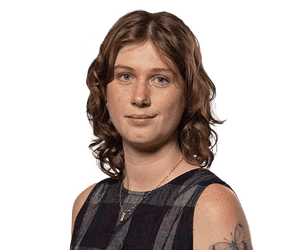
Jordyn Beazley
The New South Wales premier, Chris Minns, has been asked about claims by a member of his own government that he overstepped his authority by ruling out a protest involving a march across the Sydney Harbour Bridge.
(We covered the comments made by upper house Labor MP Stephen Lawrence here, who said it is a matter for the police, not the state.)
Minns responded that his point, in ruling it out, was purely to do with the route and not the protest itself. He said that closing down the bridge for such an event is “a logistical and communications Everest”.
He said:
I do appreciate and I completely recognise that many Australians are very concerned, very concerned about the humanitarian aid crisis in Gaza, as well as human rights for Palestinians. I’m not dismissing that. I’m not suggesting that the motives of the protesters are wrong or misplaced. I completely accept that many people living in New South Wales would want to protest this international situation.
My point, and it’s an important one, is that to close down the Harbour Bridge, which has happened maybe two or three times in a decade, is a logistical and communications Everest. It’s incredibly difficult to do. And I understand that some people say, ‘look, it’s easy to shut down the bridge.’ It’s not easy. When it happens for a marathon, it’s nine to 12 months in the planning. It doesn’t happen overnight.
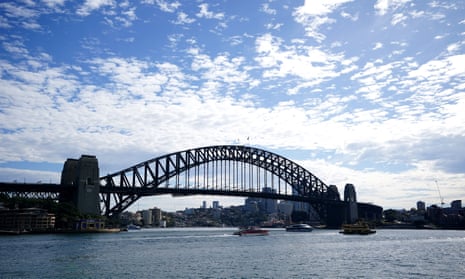

Patrick Commins
Chalmers says economy is ‘softer than we would like’
Jim Chalmers says “the economy is softer than we would like”, which he blamed on “a period of higher interest rates”, global uncertainty linked to Trump’s trade war, and the ongoing pressure on households from high living costs.
The treasurer’s comments at a press conference in Parliament House this morning come after fresh figures showed inflation fell to 2.1% in the year to June, from 2.4% in March.
“We need to get the economy growing quicker (and) in a more sustainable way,” he said, acknowledging that there has been “some softening around the edges of the labour market”.
We are attentive to those cyclical issues - weaker growth, getting on top of inflation - but we’re also increasingly focused on the bigger structural issues.
Analysts are now locking in a Reserve Bank rate cut at the next board meeting on 11-12 August.
Stephen Smith, a partner at Deloitte Access Economics, said the inflation number “shows Australia’s policy settings must shift from containing inflation to stimulating economic growth”.
Smith said that interest rates at current levels were “hard to justify given ongoing global economic volatility and the continued sluggishness of our own domestic economy”.
Billionaire’s lawyers fight subpoena in Latham DVO hearing
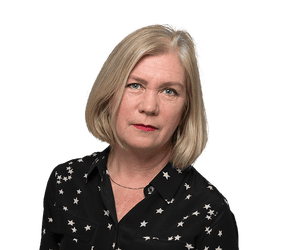
Anne Davies
Lawyers for the billionaire WiseTech founder Richard White are hoping to quash a subpoena to produce any communications with the former partner of New South Wales MP Mark Latham, Nathalie Matthews.
Nicholas Olson, appearing for White in a court hearing on Wednesday, foreshadowed the application and said he would seek a suppression order on the material. There was also an application to set aside a subpoena directed at Matthews regarding the communications.
Latham’s lawyers have sought the material under subpoena as part of his defence against a Domestic Violence Order (DVO) application Matthews has made against Latham and after texts reportedly between Latham and Matthews allegedly referring to White were published by the Australian newspaper earlier this month.
White is not accused of any wrongdoing.
Latham’s defence is seeking to have the DVO application lodged by Matthews set aside.
The matter is scheduled to return to court on 6 August for a further mention.
Among the allegations Matthews has made in documents filed with the court are that Latham intimidated her and forced her into demeaning sexual acts.
Latham has strenuously denied the allegations.
Latham is also facing a censure motion in the NSW upper house over unrelated matters when the state parliament sits next week.
Coalition says Australia should not recognise Palestinian state ‘with Hamas still in control of Gaza’
The Coalition says it has “serious concerns” about the government recognising a Palestinian state “outside of a proper two-state process”.
The government has said recognition does not have to come at the end of a peace process with Israel.
Shadow foreign minister Michaelia Cash has said in a statement that recognition cannot happen “with Hamas still in control of Gaza”, and that Australia should “not reward” Hamas with a pathway to statehood.
The Coalition has been consistently clear that there can be no recognition of a Palestinian state with Hamas still in control of Gaza, and Hamas can have no role in governing a Palestinian state.
The Albanese Government should explain to Australians why it is canvassing recognition of a Palestinian state while there are still hostages in tunnels under Gaza.
This is a moment for international leaders to be applying maximum pressure on the listed terrorist organisation Hamas to immediately and unconditionally release all remaining hostages and disarm.
Senate votes down Liberal senator's Hecs bill amendment to cap indexation
The opposition has abstained from voting on its senator Sarah Henderson’s amendment to the Hecs bill – which would cap indexation at 3%.
The Senate is currently debating the bill and voting on several amendments – one by Henderson, and several by the Greens, which have so far been voted down by the government.
Henderson, who was dumped from Sussan Ley’s frontbench, went at it alone when announcing this week that she would push the government to cap the indexation rate.
The four One Nation senators, Tammy Tyrrell, David Pocock and Ralph Babet voted with Henderson.
The government and Greens senators voted against it, meaning it didn’t get up.
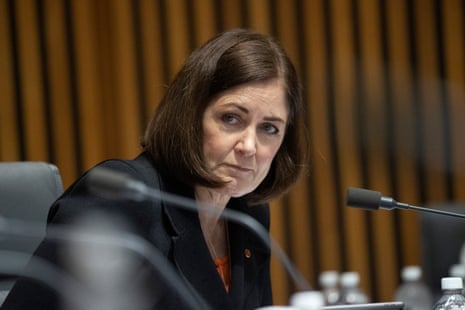

Patrick Commins
Cost-of-living pressures continue despite drop in inflation
As we wrote below, inflation has dropped all the way to 2.1% in the year to June, from 2.4% in March.
But it’s not all good news.
The ABS’s consumer price index climbed by 0.7% in the three months, as electricity prices jumped by 8.1% in the quarter, after taxpayer-funded energy bill subsidies rolled off in Perth and Brisbane.
Michelle Marquardt, the ABS’s head of prices statistics, said “while electricity was up this quarter, it’s down 6.2% compared to 12 months ago as rebates remained in place for most capital cities”.
The annual inflation rate was below the 2.2% consensus forecast among economists, thanks in large part to a 10% drop in petrol prices over the year, according to the ABS.
There are still plenty of signs of cost-of-living pressures, even if the trajectory is a positive one.
Rents were up 4.6% versus a year ago (from 5.5% in March), and insurance 3.9%.
Breakfast costs are also higher than this time last year: egg prices are up 19% thanks to bird flu outbreaks, while tea and coffee costs are 9% higher thanks to major issues in overseas coffee bean-growing regions, the ABS said.

Latest inflation data is ‘stunning’, treasurer says
Jim Chalmers says the latest inflation figures are “very encouraging news” but won’t predict whether it’ll result in a rate cut at the next Reserve Bank board meeting.
The treasurer is speaking to Sky News (and will be doing a press conference shortly), and gives himself a bit of a pat on the back for how much inflation has dropped since Labor was first elected in 2022.
These are pretty stunning numbers. When you consider when we came to office, inflation had a six in front of it. Now it’s around a third of that very, very encouraging development … No doubt the Reserve Bank board will weigh that up.
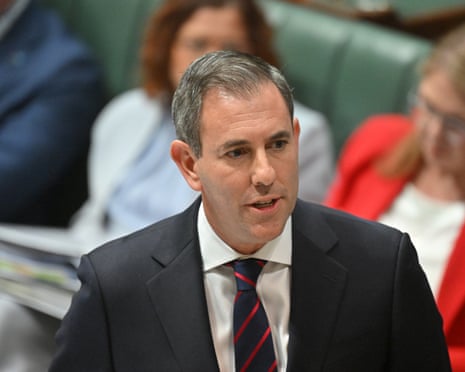
Tsunami threat warnings for Papua New Guinea, New Zealand and Fiji after earthquake off Russia
There are tsunami threat warnings for several countries near Australia including Papua New Guinea, New Zealand and Fiji.
There are no warnings for Australia.
We’ll keep you updated, or you can follow the Guardian’s live blog on the tsunami here:

 4 weeks ago
4 weeks ago

